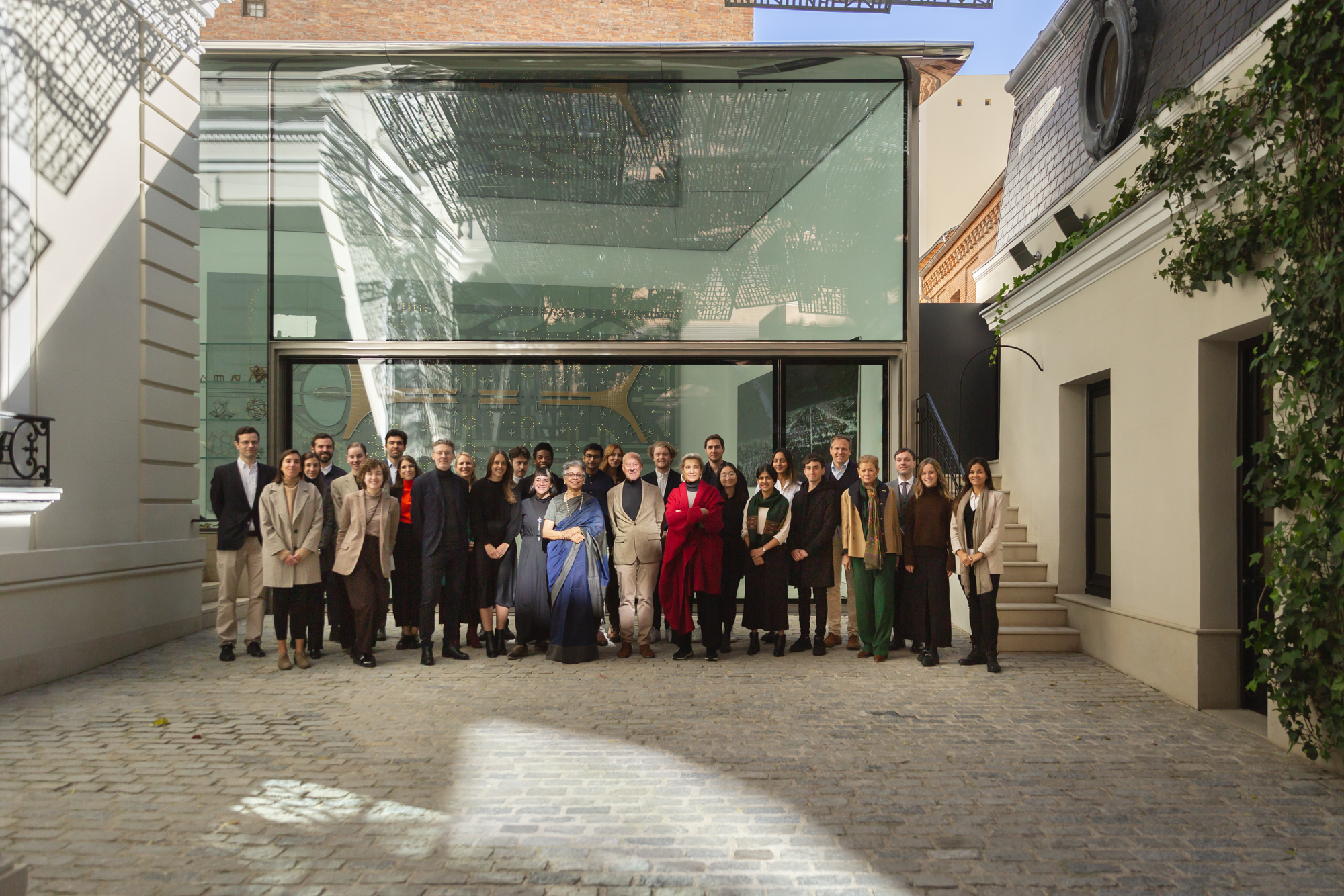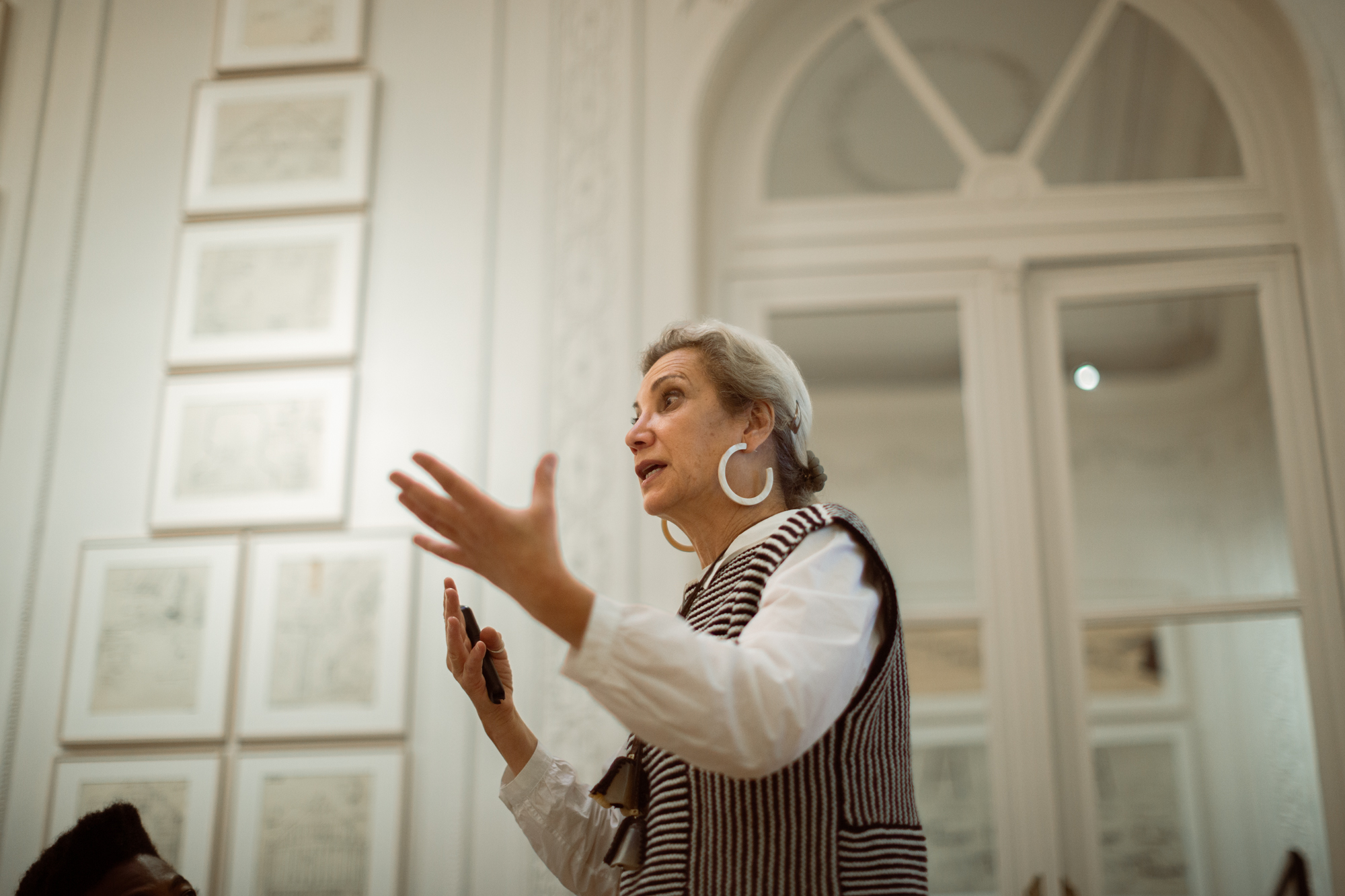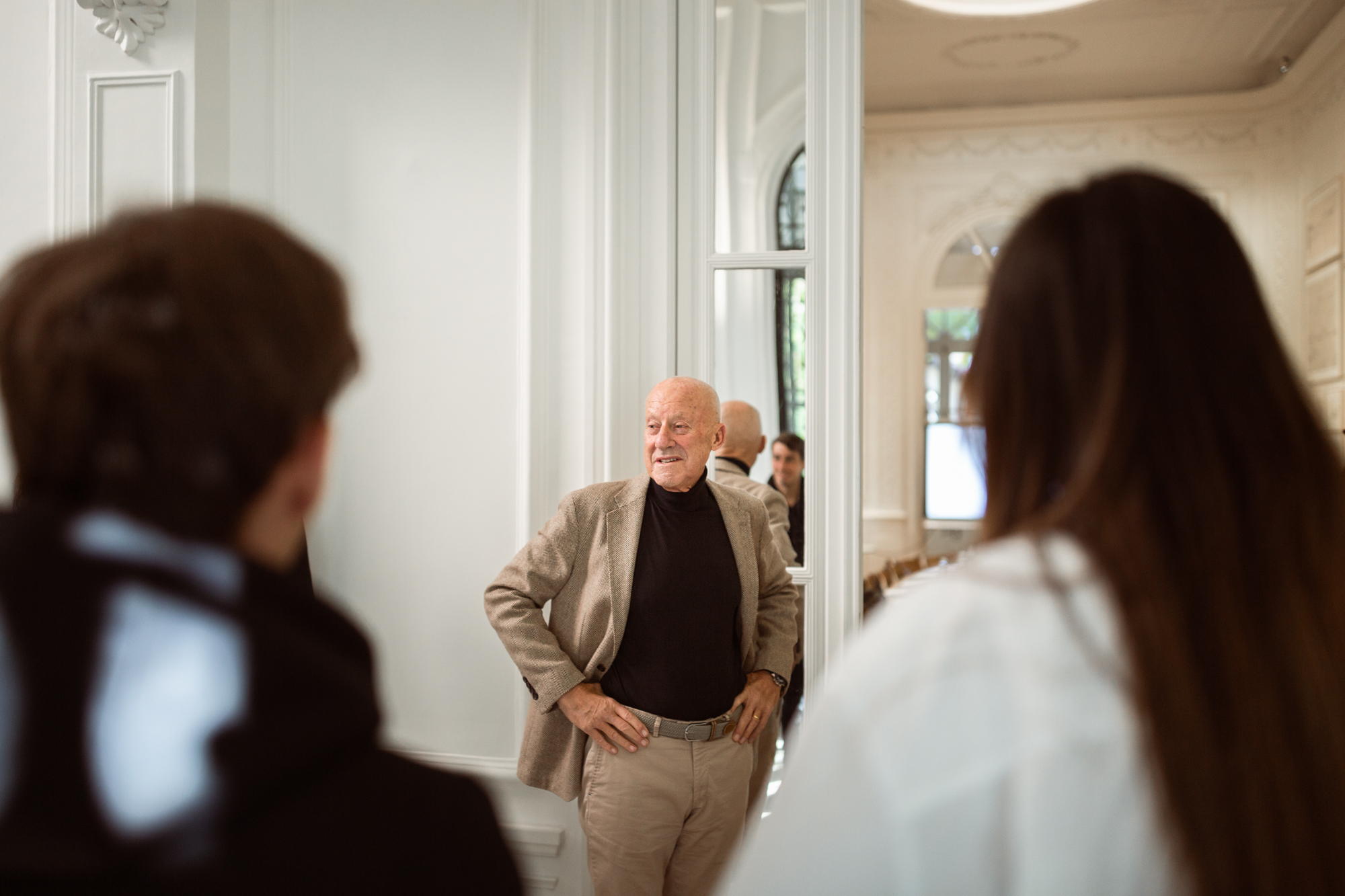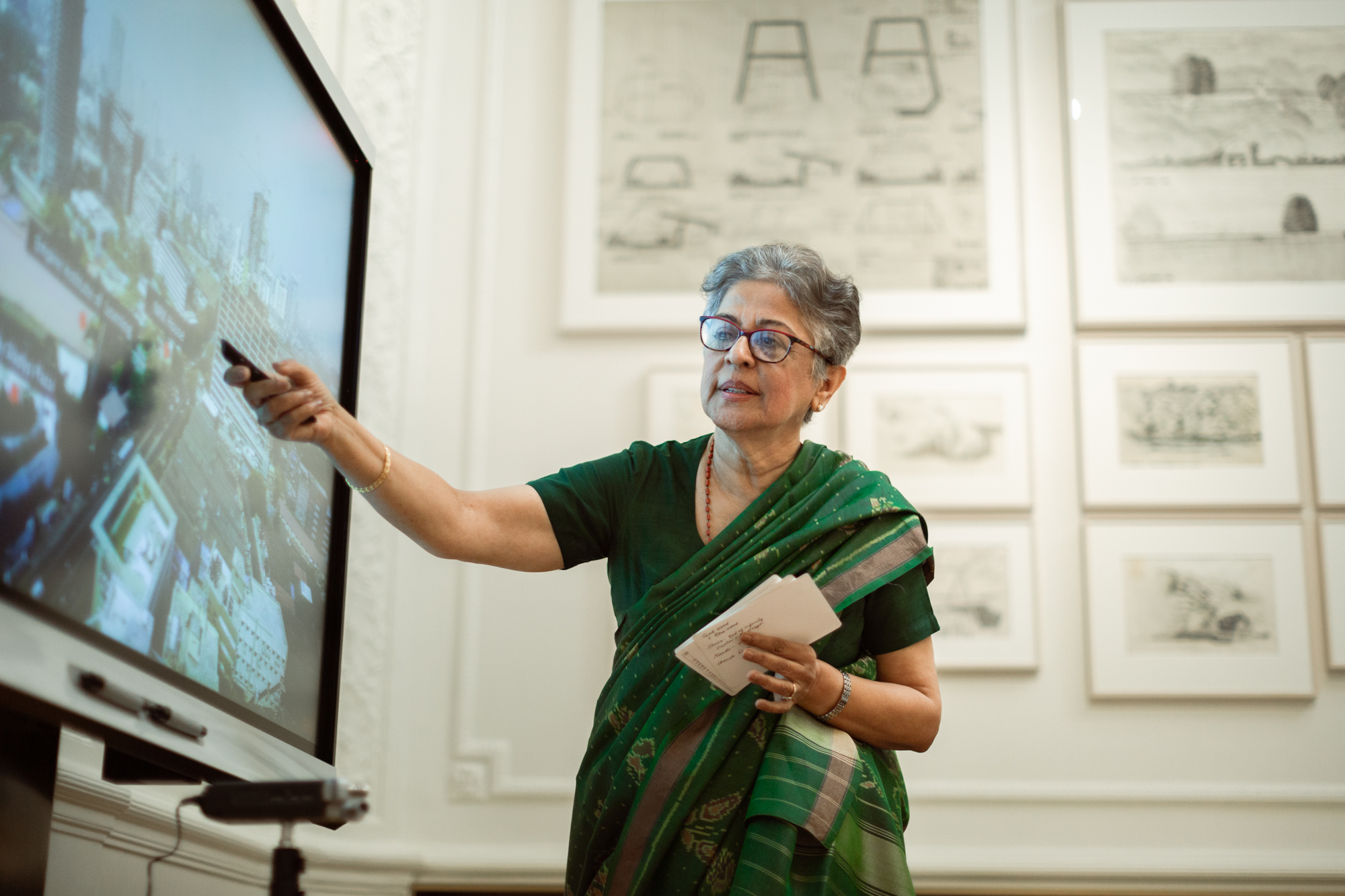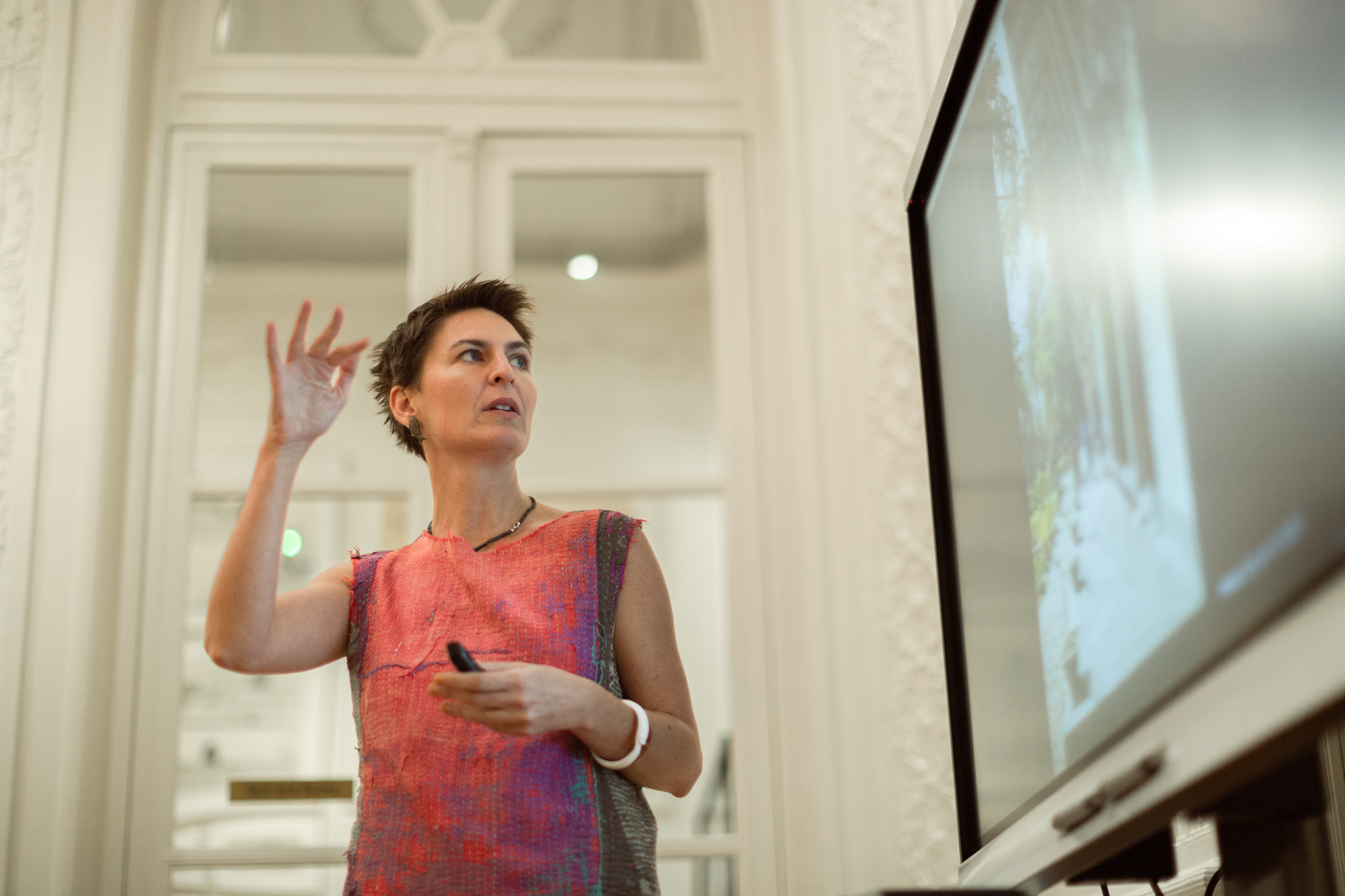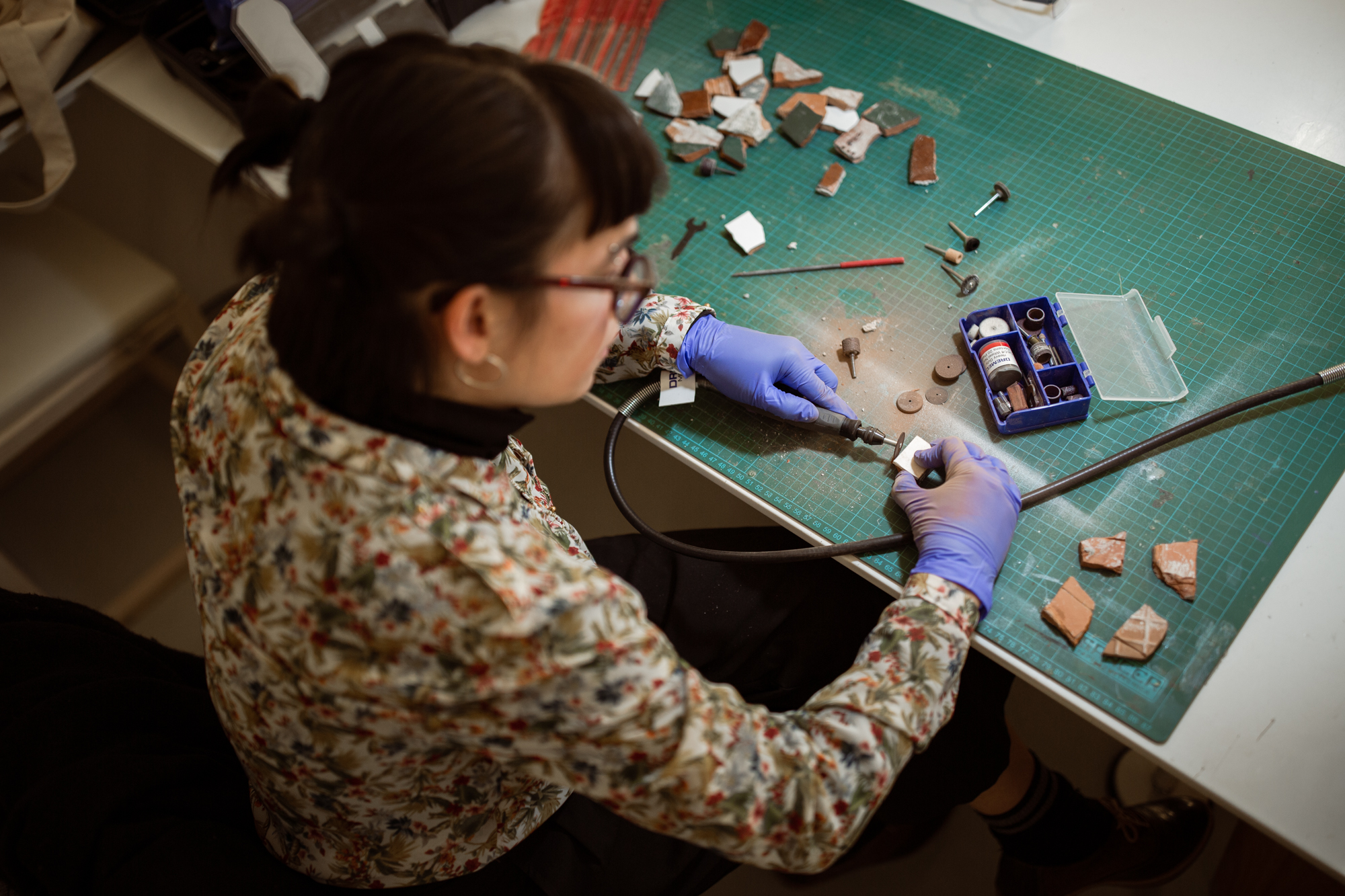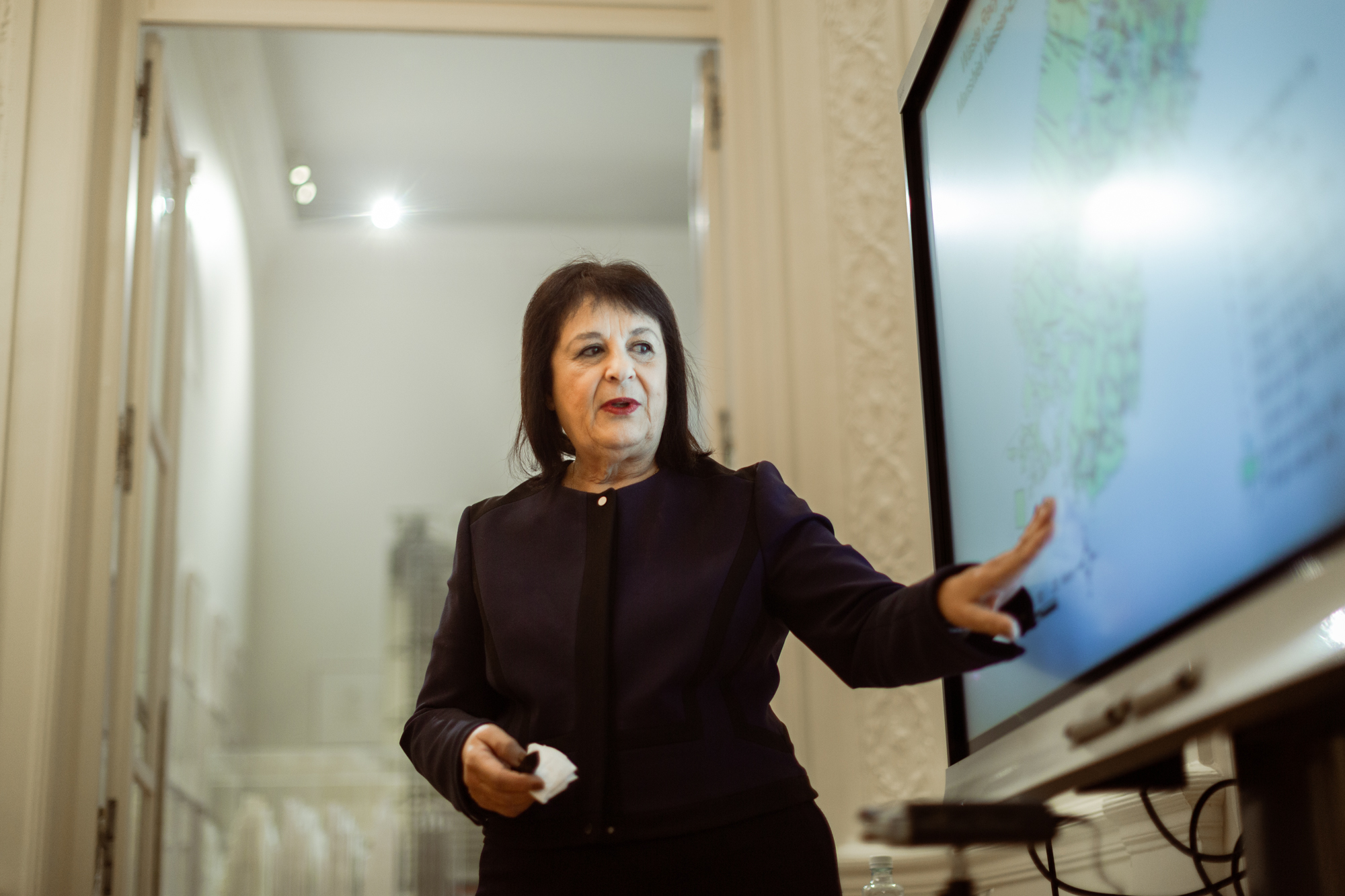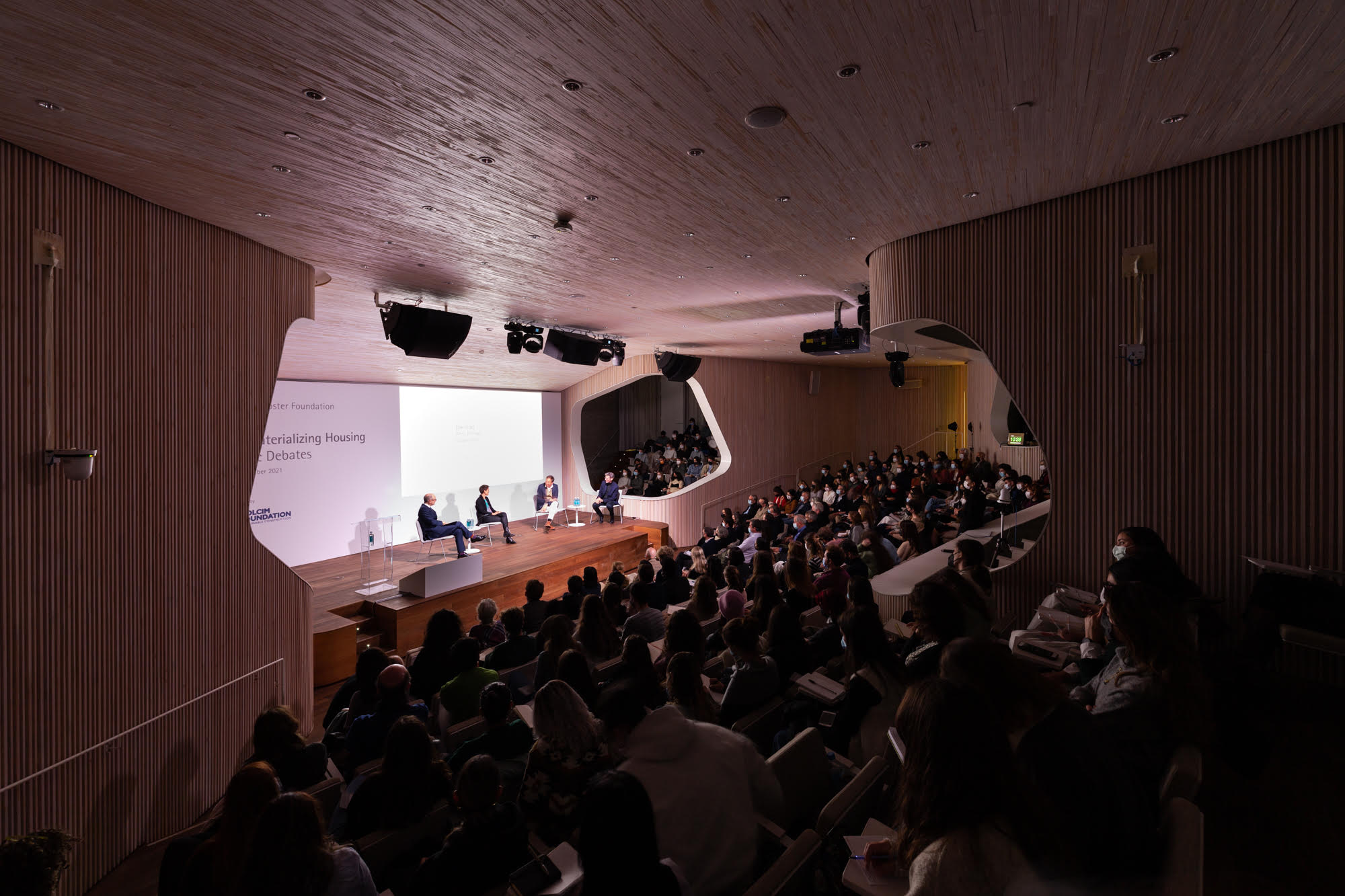Norman Foster Foundation Workshop 2021 – Re-Materializing Housing
The Norman Foster Foundation Re-Materializing Housing Workshop took place from 15-19 November 2021 with the support of the Holcim Foundation.
As the Workshop’s Mentor, Dirk Hebel, pointed out, ‘mainstream building practices are unsustainable. The construction sector uses an extensive amount of material resources and is responsible for the use of material compounds that are harmful to both humans and the environment. It is not enough to talk about more efficient steps to take within the existing systems but time for a real paradigm shift’.
The Norman Foster Foundation’s 2021 Re-materializing Housing Workshop included seminars, lectures, one-to-one tutoring and architectural tours. The workshop consisted of a five-day event led by Dirk Hebel, Professor of Sustainable Construction, Karlsruhe Institut für Technologie (KIT).
The Workshop’s Academic Body spanned a wide range of practitioners that work in different fields related to architecture. This year’s Academic Body included Dirk Hebel, Professor of Sustainable Construction, Karlsruhe Institut für Technologie (KIT), Karlsruhe, Germany; Tom Bloxham, Founder and Chairman, Urban Splash, Manchester, United Kingdom; Anna Heringer, Founder and Director, Studio Anna Heringer, Laufen, Germany; Laila Iskandar, Former Minister of Urban Renewal and Informal Settlements, Cairo, Egypt; Johan Karlsson, Managing Director, Better Shelter, Stockholm, Sweden; Carme Pinós, Founder and Director, Estudio Carme Pinós, Barcelona, Spain; Stuart Smith, Director, Arup Berlin, Berlin, Germany; Brinda Somaya, Principal Architect and Managing Director, Somaya and Kalappa Consultants, Mumbai, India.
After reviewing applications submitted by hundreds of candidates from around the world, the selection committee awarded ten scholarships to students from the following universities and institutions: Harvard University, United States, University of Cambridge, United Kingdom, Kamla Raheja Vidyanidhi Institute of Architecture and Environmental Studies, India, University of Stuttgart, Germany, Pontificia Universidad Católica de Chile, Chile, Massachusetts Institute of Technology (MIT), United States, Confluence Institute, France, Universidad Nacional de Córdoba, Argentina, University of Cape Town, South Africa, Namibia University of Science and Technology, Namibia.

